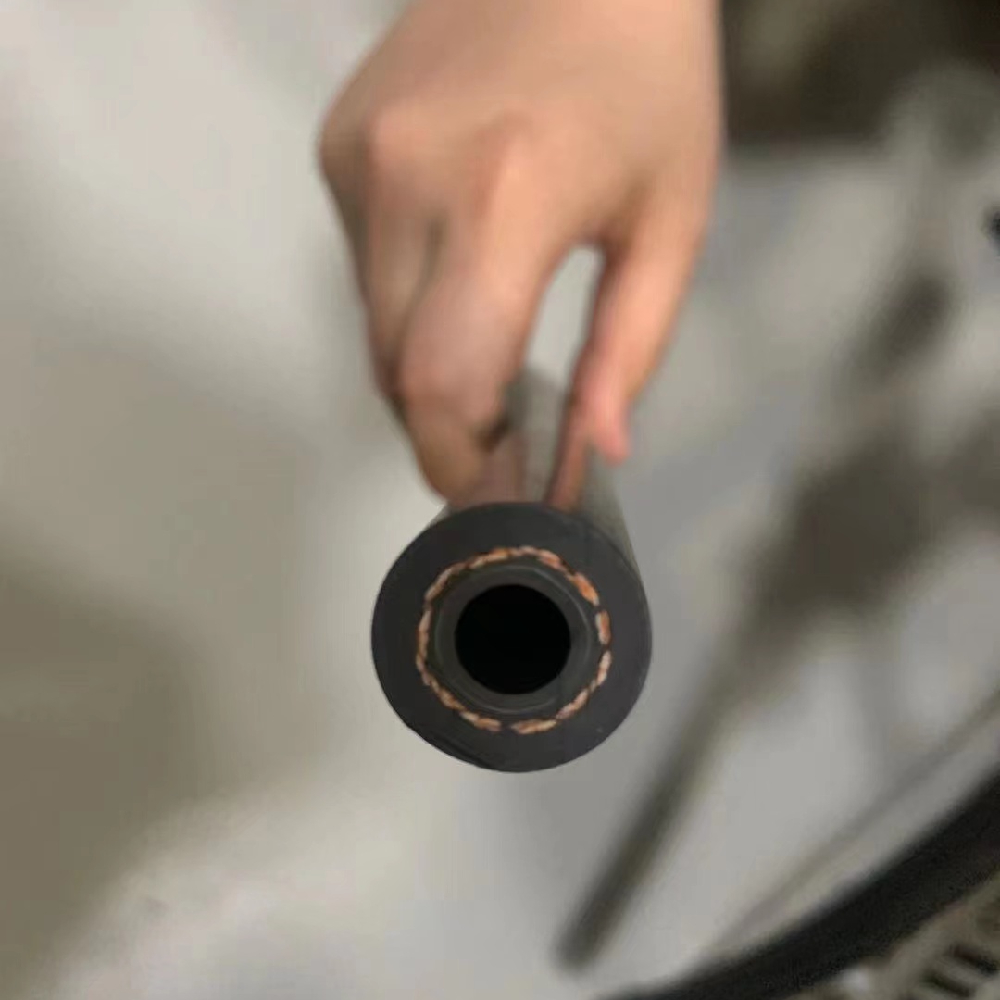Exploring the Benefits of Rubber Oil Lines for Enhanced Performance and Durability
Desemba . 10, 2024 20:09 Back to list
Exploring the Benefits of Rubber Oil Lines for Enhanced Performance and Durability
The Versatility and Applications of Rubber Oil Lines
Rubber oil lines, an essential component in various industrial and automotive applications, play a crucial role in the overall efficiency and effectiveness of systems that rely on the transportation of oils, fuels, and other similar substances. These flexible hoses are made from a composite of rubber materials, often reinforced with textiles or steel wire to enhance durability and pressure resistance. Understanding the characteristics, applications, and advantages of rubber oil lines can help in selecting the right type for specific needs.
Composition and Design
The primary material for rubber oil lines is synthetic rubber, which is engineered to withstand the harsh conditions that come with fluid transportation. This includes the ability to resist abrasions, high temperatures, and exposure to chemicals that could degrade lesser materials. Rubber oil lines are designed with flexibility in mind, allowing them to bend and contour as needed without kinking or breaking. Reinforcement techniques, such as spiral wrapping or braiding with high-tensile strength materials, improve their ability to handle high-pressure applications.
Applications in Automotive and Industrial Sectors
In the automotive industry, rubber oil lines are utilized in a myriad of applications ranging from fuel lines to oil return lines in engines. Their flexibility and resistance to leaks make them indispensable for ensuring efficient performance. One of the most critical uses is in the delivery of engine oil to various components, helping to lubricate and cool the engine, thereby extending its life.
In industrial settings, rubber oil lines are a staple in the transport and management of various types of oils, including hydraulic oils, lubricating oils, and fuels. Machinery often relies on these lines to facilitate smooth operations, maintaining optimal hydraulic pressure and ensuring that components operate effectively without overheating or damaging internal parts.
Benefits of Rubber Oil Lines
rubber oil line

One of the primary benefits of using rubber oil lines is their adaptability to different environments and operating conditions. They can function effectively in both high-pressure and low-pressure systems. Rubber oil lines also exhibit a high degree of flexibility, making installation easier and allowing for potential adjustments in system layouts.
Another significant advantage is the cost-effectiveness of rubber oil lines compared to their metal counterparts. While metal lines can offer high durability, they often come with increased costs and more complicated installation requirements. Rubber oil lines, on the other hand, offer a lightweight alternative that simplifies both installation and maintenance.
Maintenance and Safety Considerations
While rubber oil lines are robust and durable, they require regular inspection and maintenance to ensure longevity and performance. Factors such as exposure to extreme temperatures, chemical exposure, and physical wear can affect their integrity. It’s critical to monitor for signs of cracking, stiffness, or leaks, as these issues can lead to system failures or hazardous situations.
Safety is paramount when working with rubber oil lines, especially in high-pressure applications. Proper installation techniques and adherence to manufacturer guidelines can mitigate risks, ensuring that the lines can perform optimally without posing a danger to personnel or equipment.
Conclusion
In summary, rubber oil lines are vital components in various sectors, particularly in automotive and industrial applications. Their flexibility, resistance to a range of environmental factors, and cost-effectiveness make them a go-to choice for many fluid transport needs. By understanding the importance of these lines and adhering to maintenance protocols, industries can maximize efficiency, safety, and performance in their operations. As technology and materials science evolve, it is likely that we will see further advancements in the design and functionality of rubber oil lines, continuing to enhance their role in the ever-demanding landscape of industry and automotive engineering.
Latest news
-
Refrigeration Hose-Hebei Kemao|Industrial Applications&Automotive Systems
NewsAug.11,2025
-
Durable AC Pressure Hose - High-Performance Replacement
NewsAug.11,2025
-
Refrigeration Hose-HEBEI KEMO|Industrial & Automotive
NewsAug.11,2025
-
Refrigeration Hose-Hebei Kemao Auto Parts|Industrial Fluid Transport&Automotive Safety
NewsAug.11,2025
-
Refrigeration Hose - Hebei Kemoo Auto Parts Technology Co., Ltd. | High-Performance Refrigerant Transfer Solutions
NewsAug.11,2025
-
Refrigeration Hose - HEBEI KEMO|Low Permeability,Ozone Resistance
NewsAug.11,2025
